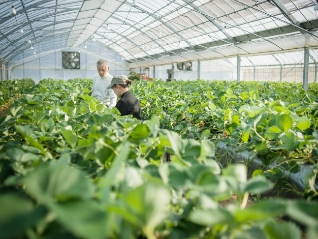Rapporten en onderzoeken
Onze sectorspecialisten en onze economen publiceren met de regelmaat van de klok rapporten over sectoren met een terugblik en voorspellingen, studies over een bepaalde regio of resultaten van economische onderzoeken. Hieronder tref je deze publicaties.








































